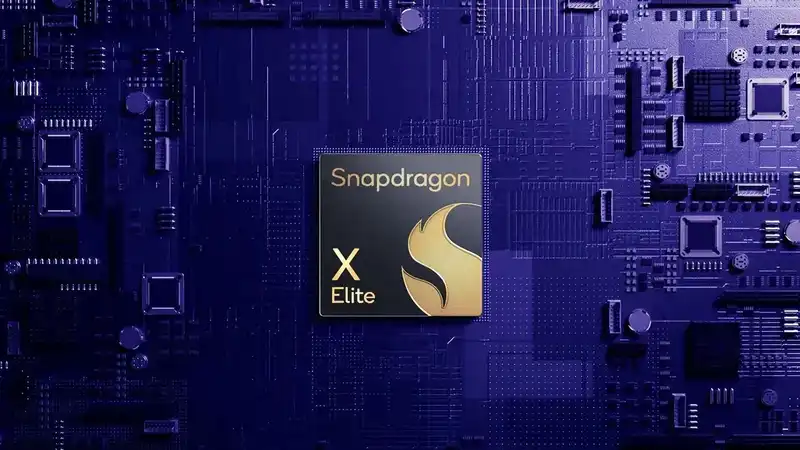Qualcomm claims that its new killer Arm chip, the Snapdragon X Elite, will run most games created for x86 Windows "as is. No porting is required.
If true, that's quite a feat, though not entirely unprecedented. Apple did something similar when they moved from x86 to their own Arm silicon via the Rosetta 2 translation layer.
Importantly, Apple is said to have built into its own silicon the ability to control the entire stack from software to hardware to minimize the performance hit of running x86 software on an Arm CPU.
Furthermore, the one type of application for which Apple's x86 emulation is a bit unstable would be games. Legacy x86 titles generally run on Apple's silicon, but their performance is more hit-or-miss than other applications. However, the same can be said for games that have been natively coded for the Apple platform for a long time.
In any case, Qualcomm's claim was made at the recent Games Developer Conference (GDC) (via The Verge) in a session titled "Windows on Snapdragon, a Platform Ready for your PC Games session titled "Windows on Snapdragon, a Platform Ready for your PC Games. Game developers in attendance were told that they had three options for running their existing Windows titles on Arm for Windows' new Qualcomm chip.
Qualcomm's key point is that most games are not bottlenecked by the CPU but by the GPU, and they claim that GPU performance is not affected by emulation. If this is correct, then gaming performance would depend almost entirely on the capabilities of the Snapdragon X Elite's Adreno GPU.
Speaking of which, Qualcomm is showing off a new chip this week, and some new benchmark data is also available. So far, it's not entirely independent review data, but it does provide some insight.
Incidentally, Qualcomm claims that the Snapdragon X Elite recorded 39 fps in 3DMark Wild Life Extreme. This compares to 33 fps on the new Intel Ultra 7 155H Meteor Lake chip. Apple's M3 with the new GPU recorded 48 fps in the same test.
Notably, Qualcomm did not include AMD in its comparison. However, AMD's 780M Phoenix chip, which is found in various gaming handsets like the Asus ROG Ally, is not much faster than the Intel Meteor Lake in synthetic tests like 3DMark, but real-world gaming is another matter. However, based on these numbers, the Snapdragon X Elite's Adreno graphics are theoretically the fastest integrated GPU for PCs.
If nothing else, it would be quite promising for a portable gaming PC, for example. Of course, the problem before the emulation performance drops is the quality of the drivers; Intel has shown that even PC technology giants may struggle to enter the graphics market, and their biggest challenge is undoubtedly the quality of the drivers.
Is Qualcomm really going to have competitive driver performance? Is Qualcomm really going to have competitive driver performance? There is so much that is yet to be proven regarding actual gaming performance, both in terms of emulation and driver quality.
Qualcomm seems to have shown off a chip that runs The Witcher III at 1080p, albeit at lower quality settings. But frankly, we would be surprised if the Snapdragon X Elite turns out to be a better proposition for actual PC gaming than AMD's Phoenix APU.
Incidentally, in terms of raw CPU power, Qualcomm claims that the X Elite beats the Intel Meteor Lake in single-core performance, recording 2,774pts in GeekBench, compared to Intel's 2,401pts.
Of course, the holy grail for gaming would be to use a powerful add-in GPU on a Qualcomm CPU. For example, it is unclear at this point whether a Snapdragon X Elite laptop with an Nvidia RTX 4080 mobile GPU could be on the horizon. That would be the true test of Qualcomm's emulation capabilities. All Qualcomm has said so far in this regard is that it is possible to use discrete graphics on the Snapdragon X Elite.
Even if it proves to be quite good, it would be quite brave to buy an older x86 laptop if you want a great gaming experience. If Qualcomm's emulation is as good as the company claims, x86 will have to watch out. The long-predicted Arm invasion finally seems to be coming to fruition.
.

Comments